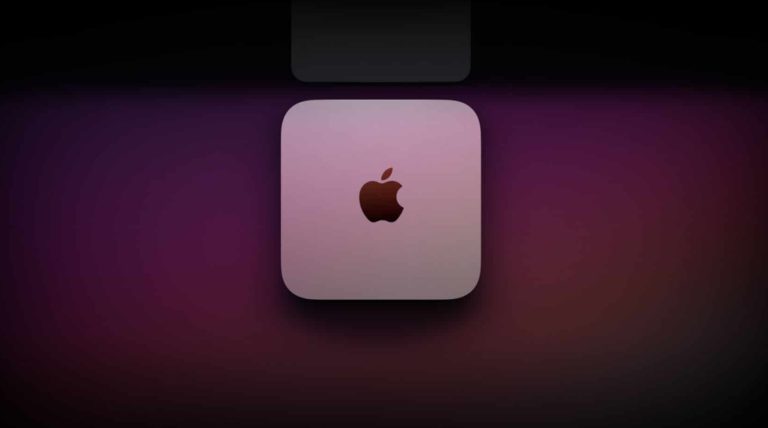Users of Apple Silicon Macs running the Apple M1 chip, like the entry-level 13-inch MacBook Pro, Macbook Air, and Mac mini, will now be able to boot into and natively run Linux, for the first time. The Linux iteration available here is Ubuntu, with Corellium credited with developing the port.
It virtualizes the iOS and the other ARM-based OS types to make it easier for security testing.
At one point, Apple sued Corellium over the same iOS security testing tool, a lawsuit which it lost. Corellium’s CTO, Chris Wade, says that after a lot of work, the team behind the port created the port in parallel with efforts to create a model of the M1 for security research.
Apple’s built-in challenges
In a blog post, the team talks about the other challenges they had to work around, considering the unique way in which Apple’s SoC brings up additional CPU cores. There were problems dealing with Apple’s proprietary interrupt controller and other things.
Corellium added a pre-loader that acts as the wrapper for Linux and a trampoline for activating the processor cores.
The blog post also has a tutorial that walks readers through the installation of Ubuntu on M1 Macs. There is also a Github repository from which you can download the kernel.
A completely usable port
If you follow the steps correctly, you will end up booting directly from a USB. We are not yet at the point where we can do dual booting of multiple operating systems. Even with a superb port like this one, Correlium’s work requires complex and technical steps.
Most regular users may not be willing to go through this kind of work yet.
On the other hand, enthusiasts are more than eager to be ahead of the curve with this fun option.
